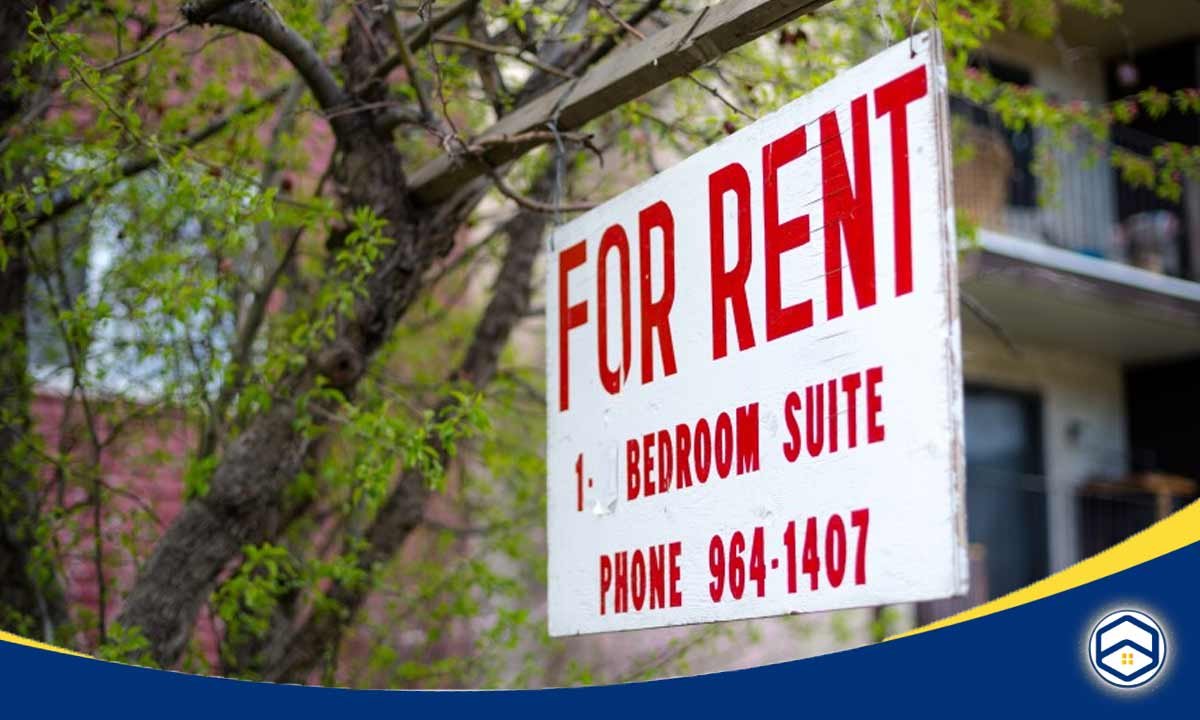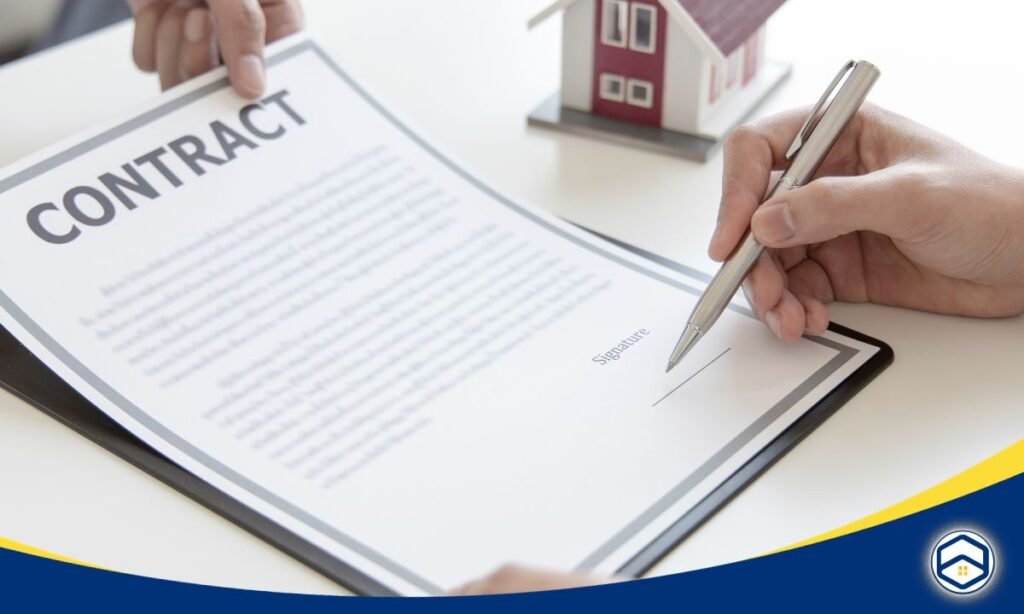Ah, the annual lease-signing dance – a ritual that has tenants and landlords alike scratching their heads. Is it really necessary to whip out the pen and paper every single year? Well, my friends, the answer is about as clear as a foggy bathroom mirror after a hot shower. So, grab a cup of coffee, sit back, and let’s embark on a whimsical journey into the quirky world of lease renewals – Do You Have To Sign A New Lease Every Year?
Picture this: you’re in your cozy apartment, sipping coffee in your favorite “morning person” mug, and suddenly it hits you – lease renewal time. Cue the dramatic music. Do you dust off the old contract, throw on a monocle, and get ready to sign on the dotted line? Or is there a more casual, laissez-faire approach to this whole lease renewal thing?
Understanding Lease Renewals
Lease agreements typically come with a set term, often one year, after which they may automatically renew or require negotiation for a new term. Understanding your lease agreement is crucial, as it dictates the renewal process.
Automatic Renewals
In the realm of lease agreements, some carry a hidden enchantment known as automatic renewal clauses. Much like a magical spell, these clauses can extend the agreement for another term unless one of the involved parties, be it the tenant or landlord, breaks the spell by providing notice to terminate.

For tenants, unraveling the secrets of these clauses is paramount, akin to deciphering the incantations in an ancient scroll. The notice period required serves as the key to unlocking this mystical clause, determining whether the lease extends its magical influence or fades into the annals of rental history. It’s a delicate dance where tenants must stay vigilant, recognizing the power these clauses hold over the fate of their living arrangements.
Understanding the intricacies of automatic renewals ensures tenants can navigate the enchanted labyrinth of lease agreements, ensuring their abode remains a haven of stability or opens the door to new adventures in the world of renting.
Negotiating a New Lease and Terms

Entering the intricate dance of lease negotiations opens doors to various possibilities, especially when considering factors like turnover costs for landlords. According to Trans Union’s Smart Move, the average cost for a landlord to turn over an apartment and secure a new tenant is around $1,750 per month. Understanding this cost dynamic can be a strategic advantage when navigating the negotiation process for a new lease.
If your landlord contemplates raising the rent as part of the lease renewal conditions, there’s room for creative negotiations. You might propose taking on certain updates or improvements to the rental unit yourself in exchange for maintaining the current rent level. This approach not only showcases your commitment but also alleviates the financial burden on the landlord.
Another tactic in your negotiation repertoire could be proposing a longer lease term than the standard one year. This not only helps secure your current rental rate but also provides the landlord with the assurance of a stable tenancy. By extending your commitment, you contribute to a win-win scenario that fosters a sense of security for both parties.
A positive history of timely rent payments and maintaining the rental unit in good condition serves as your trump card during negotiations. It substantiates your reliability as a tenant, strengthening your position when discussing new lease terms. In this dance of negotiations, a well-executed performance, backed by a solid track record, can set the stage for a lease renewal that satisfies both parties.
Month-to-Month Enchantment
For those who crave flexibility in their living arrangements, you don’t want to sign a new lease every year, some leases elegantly transition into month-to-month agreements after the initial term. In this scenario, tenants can avoid the yearly ritual of signing a new lease but must remain vigilant about the conditions for termination.
This enchanting arrangement provides a sense of freedom, allowing tenants the ease of adjusting their living situation as needed, without the commitment of a long-term lease. However, tenants need to familiarize themselves with the specific terms and termination requirements outlined in their lease agreement to navigate this enchantment smoothly. This dance of month-to-month flexibility offers a unique rhythm to the leasing experience, catering to those who prefer a more dynamic and adaptable living arrangement.

Factors Guiding Renewal Decisions
The decision to embark on a new lease-signing adventure is often guided by an interplay of diverse factors. Market conditions, the inclinations of landlords, and the contentment of tenants all play pivotal roles in this delicate dance. Open communication emerges as the enchanted key that unlocks the door to a seamless renewal process.
Tenant Empowerment
As key participants in this magical realm, tenants find themselves empowered with certain rights and responsibilities. A firm grasp of the terms stipulated in the original lease, coupled with the provision of proper notice when planning to depart, and a willingness to engage in negotiations if necessary, are pivotal aspects of tenant empowerment.
In this dance of lease renewals, understanding one’s standing and actively participating in the conversation contribute to a harmonious and empowered leasing experience.
Conclusion
Conclusion, so, do you have to sign a new lease every year? It’s like an annual dance routine for tenants and landlords. Some leases have automatic renewals – a bit like magic spells, ensuring stability unless someone breaks the spell.
Negotiating a new lease is a strategic performance where tenants use their good rental history to propose win-win solutions. Month-to-month arrangements offer flexibility, skipping the yearly lease hassle.
Decisions depend on market conditions and talking openly. Tenants have power too – knowing the lease terms, giving proper notice, and negotiating when needed. Understanding your role in this lease dance ensures a smooth and empowered experience.








